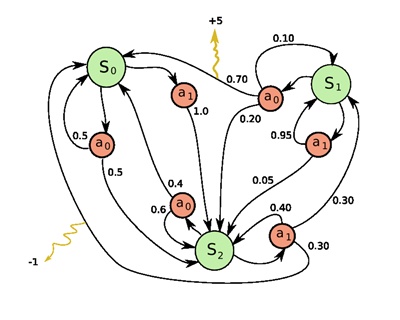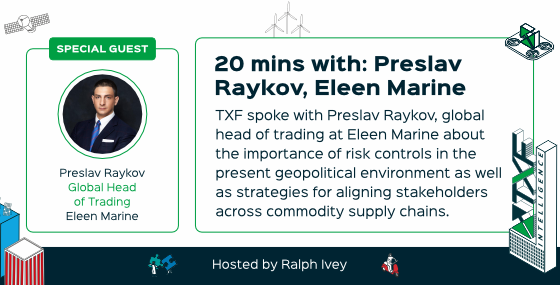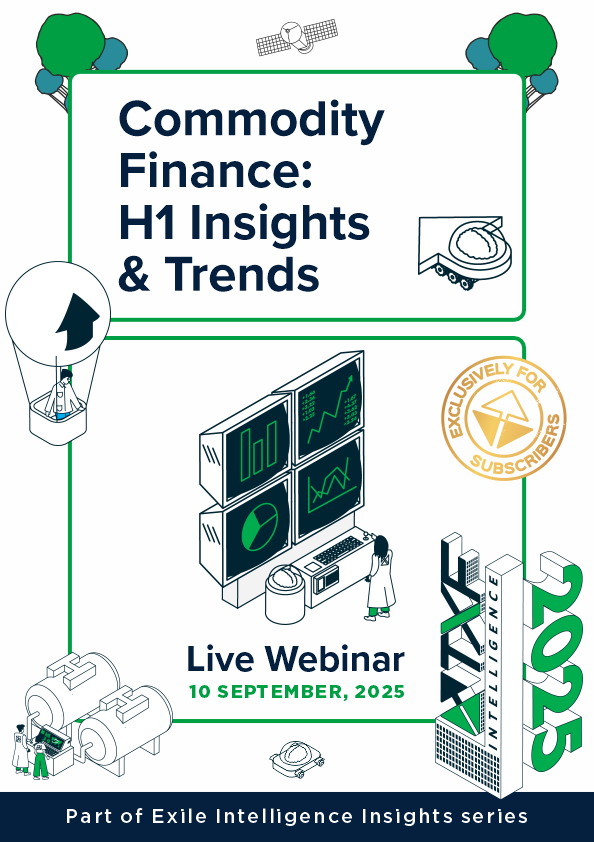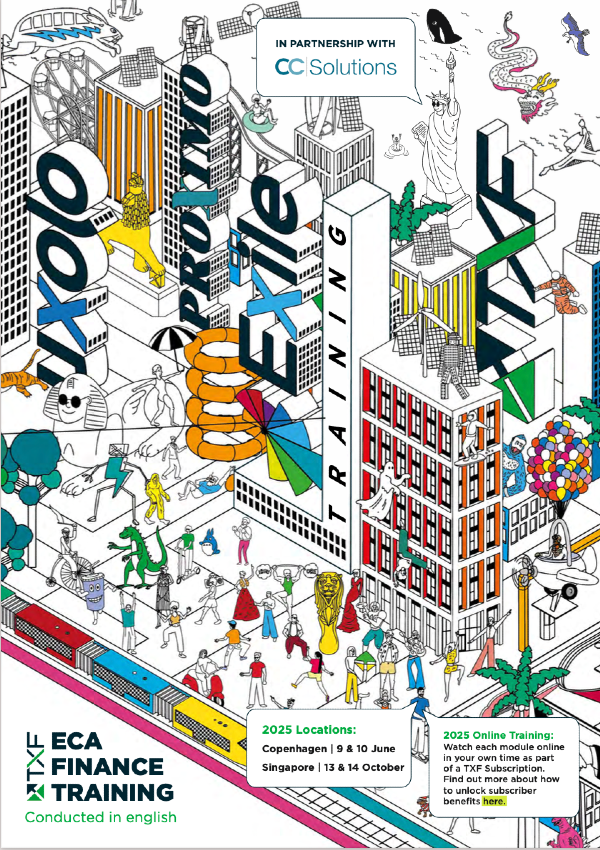Educating Decision Makers About Country Risk
At a board meeting of a top 20 multinational corporation, the question of whether to invest $50 million in a project in a Middle Eastern Country was discussed. The president of the company subsidiary seeking the board’s approval insisted that the country was a safe place to invest because of its recent history

Daniel Wagner will be hosting a one day, country risk training course as part of the TXF ECA-DFI Finance conference in Paris in June. Here Daniel talks in more detail about the value of understanding country risk in today’s changing world.
At a board meeting of a top 20 multinational corporation, the question of whether to invest $50 million in a project in a Middle Eastern Country was discussed. The president of the company subsidiary seeking the board’s approval insisted that the country was a safe place to invest because of its recent history of economic and political stability. Satisfied with the president’s assurances and facts, the Board approved the investment -- a decision they now regret. As it turns out, the country in question was not as stable as it was portrayed and the company’s investment is now tied up in costly legal limbo, which has had far-reaching and potentially damaging implications for the company’s brand and reputation.
To make matters worse, the interests of some of the actors involved were not directly aligned with those of the company. The corporate underwriters were incentivized to promote the deal internally so they could meet their production targets. And while the underwriters sought the views of the country risk manager charged with vetting the transaction, a large portion of that analysis was deleted from the final version that went to the corporate risk manager for final approval before being given to the president. Neither the corporate risk manager, the president, nor the board of directors knew this had happened, and believed all necessary approvals had been obtained in the manner previously mandated by the board.
As is illustrated by this real example, companies often rely exclusively on their own risk management processes, which they believe are bullet proof, but which may in fact be riddled with holes, inconsistencies, and contradictions. Clearly, the company’s risk management function and, more specifically, the final version of the country risk analysis were faulty. Without data or insight of its own, the board was too reliant on the company’s assessment to make an effective decision and fulfill its duty to protect the interests of the company and shareholders.
If the board had been better educated about the economic, social, media and political situation in that country, they may have been able to identify the errors in the assessment they received. They may have forced the company to conduct more thorough due diligence before taking requesting a vote, rejected the request outright, or made the approval conditional on receipt of the company’s plans to mitigate and address the potential risks.
As company operations and holdings continue to expand into all corners of the globe, decision makers too often pay too little attention to specific country risks and other matters of crucial importance. Boards of directors are particularly vulnerable to this glaring oversight due mainly to a lack of direct insight into a particular country -- which leads to an inability to discern fact from fiction -- and not knowing the right questions to ask of corporate management.
How can boards make better decisions with respect to country risks? One place to start is in the composition of the board itself. Too often, board members are selected from a small group of high-profile, well-connected and prestigious individuals who may not have relevant experience in foreign investments or operations, and who may not want to appear ignorant about a subject matter being discussed. Company management should emphasize experience and knowledge when selecting board members. That said, it is difficult, if not impossible to find individuals who have direct and timely experience in every country that may be an investment target for a large corporation.
Another solution is for boards of directors to press companies to regularly update their own risk management procedures and insist on instituting appropriate checks and balances. Given the competing interests that may influence an internal risk management team, a better solution is to look outside of the company’s country risk management function and insist that either the company hire an independent third-party assessor or, ideally, do so themselves. A qualified third-party can conduct regular risk management audits that test and stress the system, provide insights into the target country that incorporate political, economic and social risk, and thus can provide board members with unbiased information, empowering them to ask the right questions.
Unfortunately, even when a problem is identified, boards are sometimes reluctant to confront management. Candor often gets lost in the politeness of board proceedings, and too often boards are focused on building consensus, which inhibits due diligence and proper risk management. By remaining polite and silent, boards can do more than contribute to monetary losses; they may unwittingly cause reputational risk, often with long lasting and severe consequences. Therefore, board members must exercise their responsibilities with renewed vigor and with a solid base of knowledge and insight. If that had been the case with the company described above, the outcome would have been much different.
*Daniel Wagner is CEO of Country Risk Solutions and author of the book “Managing Country Risk”.





